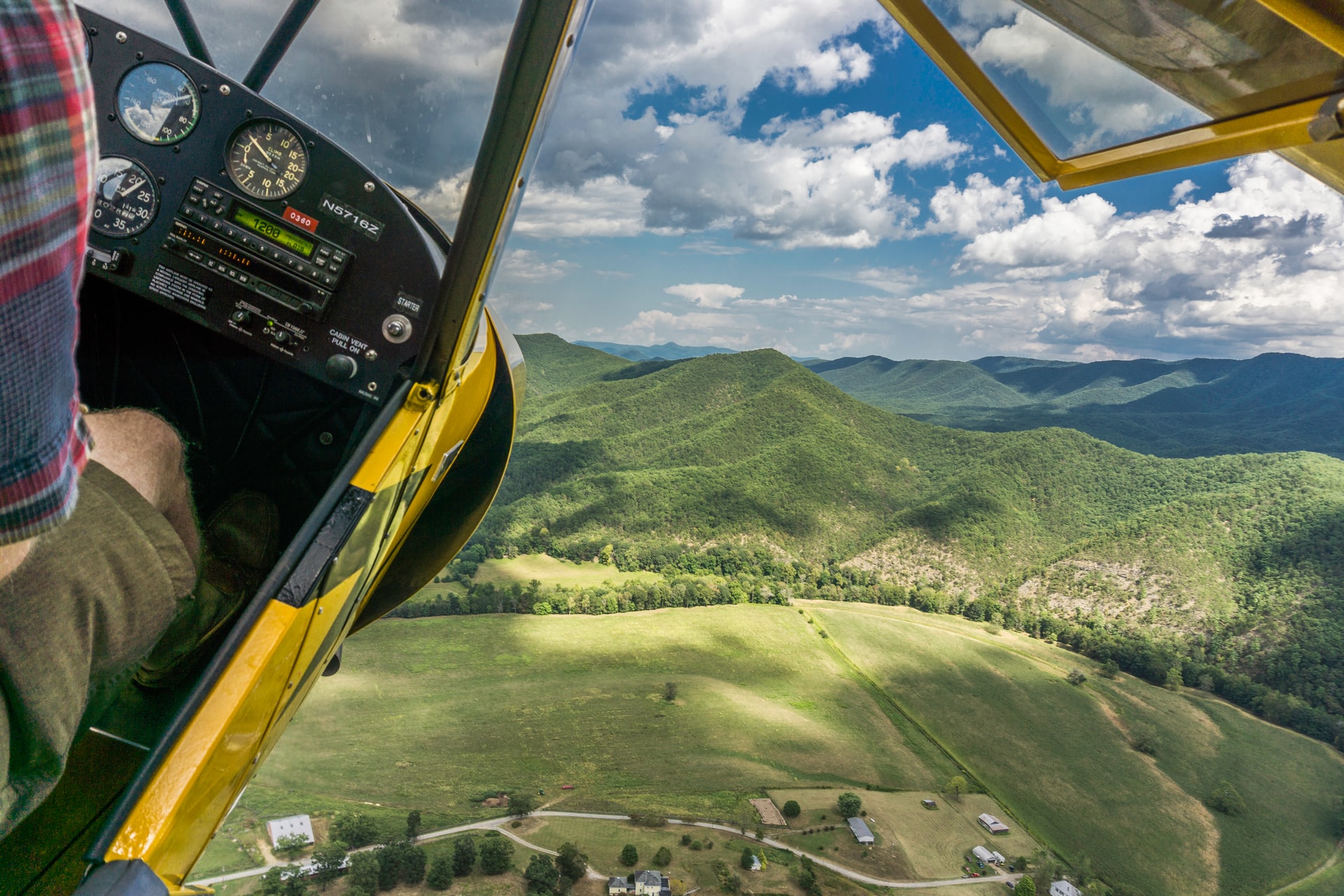Flying cars may become reality sooner than any of us expected. A team of researchers at Pennsylvania State University is designing and testing a battery prototype to power electric vertical take-off and landing (eVTOL) vehicles, the school announced.
“I think flying cars have the potential to eliminate a lot of time and increase productivity and open the sky corridors to transportation,” director of the Electrochemical Engine Center at Penn State, Chao-Yang Wang, said.
Twice a day, eVTOLs can undertake 15 trips during rush hour. The researchers said the air taxis might initially be used to carry three to four people from the city to an airport.
Challenges so Far
At present, Wang and his team are working on technical requirements for the vehicle’s batteries, for which they have designed a prototype.
Wang explained that eVTOL batteries need high density to stay in the air and high power during landing and take-off, which is a big challenge.
They also need to be recharged quickly to meet high demand during rush hour.
What’s Next
The researchers have already tested two energy-dense lithium-ion batteries. The experiments concluded that the batteries would last over 2,000 fast-charges over their lifetime.
The team has so far been able to overcome these challenges and tick off all the necessary attributes required for an eVTOL battery.
“I hope that the work we have done will give people a solid idea that we don’t need another 20 years to finally get these vehicles,” Wang said. “I believe we have demonstrated that the eVTOL is commercially viable.”



